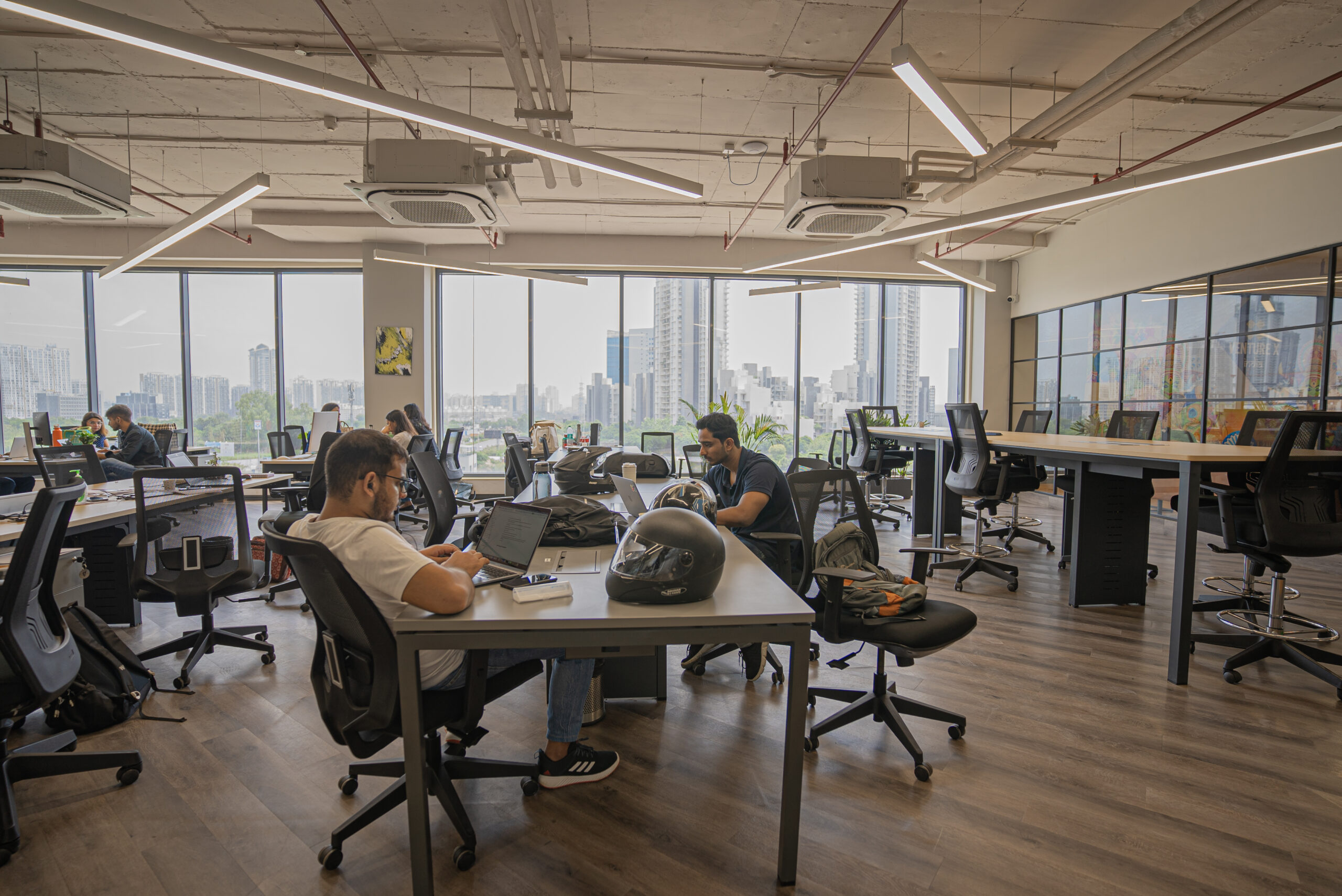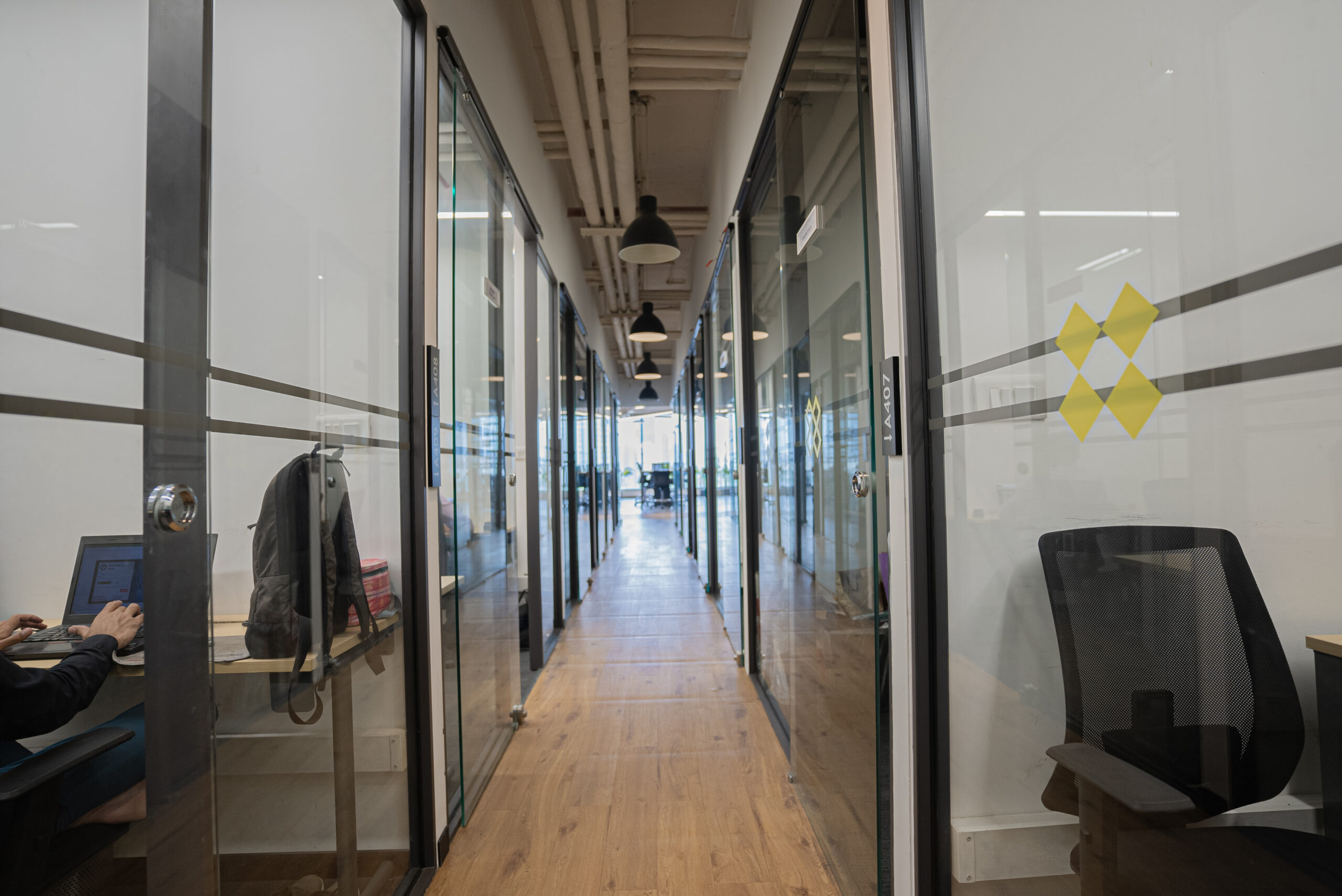In the constantly evolving landscape of startups, the choice of where to establish operations plays a pivotal role in determining success. Co-working spaces have emerged as a crucial factor in fostering innovation, collaboration, and growth for many of today’s top startups. This article explores how three giants – Uber, Instagram, and Spotify – leveraged the benefits of co-working environments to fuel their remarkable journeys to success.
Uber: Revolutionizing Transportation through Co-Working Collaboration
Uber, the ride-hailing giant, started its journey in 2009 with a vision to transform the transportation industry. The company’s early days were marked by strategic decisions, including the choice to operate from a co-working space. This decision proved instrumental in fostering a collaborative atmosphere, bringing together diverse talents under one roof.
In a co-working setting, Uber’s founders, Garrett Camp and Travis Kalanick, had the opportunity to engage with like-minded entrepreneurs, access valuable networking opportunities, and benefit from the supportive ecosystem. This collaborative environment played a crucial role in shaping Uber’s growth strategy and in the successful execution of its disruptive business model.
Instagram: From a Filtered Idea to a Global Sensation in a Co-Working Hub
Instagram, the photo-sharing app that took the world by storm, had humble beginnings in 2010. Co-founders Kevin Systrom and Mike Krieger initially worked on their project called Burbn, a location-based app, in a co-working space called Dogpatch Labs. The environment of shared resources and collaborative energy provided by the co-working space proved to be a catalyst for Instagram’s success.
The founders were able to exchange ideas, seek advice, and form connections with other entrepreneurs and professionals in the co-working community. This collaborative spirit played a significant role in Instagram’s pivot towards focusing solely on photo-sharing, leading to the creation of a platform that eventually gained over a billion users worldwide.
Spotify: Harmonizing Growth in a Co-Working Symphony
Spotify, the music streaming giant, started its journey in 2006 in Stockholm, Sweden. The founders, Daniel Ek and Martin Lorentzon established their initial office in a co-working space called the Stockholm School of Entrepreneurship (SSES). This decision allowed Spotify to benefit from a dynamic environment where creativity and innovation flourished.
The co-working space not only provided a cost-effective solution for a startup but also facilitated interactions with other entrepreneurs, fostering a culture of collaboration. This collaborative culture influenced Spotify’s development, helping it navigate the challenges of the music industry and ultimately emerge as a global leader in the streaming market.
The success stories of Uber, Instagram, and Spotify underscore the significant impact that co-working spaces can have on the trajectory of a startup. These companies leveraged the collaborative and innovative environments provided by co-working spaces to not only reduce operational costs but also to tap into a network of like-minded professionals. The lessons learned from these giants emphasize the importance of fostering a supportive ecosystem for startups to thrive, making co-working spaces a strategic choice for those aiming to disrupt industries and leave a lasting mark on the business world.




